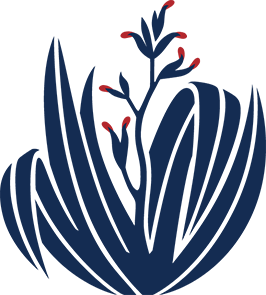Science
Science Subjects
Science
Our learners follow a balanced science program running from year seven to year ten. Courses are aligned to the New Zealand National Curriculum and cover all the Science strands: Living World (Biology); Material World (Chemistry); Physical World (Physics); Planet Earth and Beyond (Geology and Astronomy), and The Nature of Science (Investigation skills).
Research, communication, and practical investigation skills are the focus of all our courses. Learners are encouraged to design and carry out their own investigations.
Learners can elect to study additional science option subjects in years nine and ten.
Human Biology
Learners investigate the structure, function, and physiology of the major human organ systems. The theory is paired with the practical skills of dissection, microscopy, and vital sign assessment skills.
Learners have opportunities to link their understanding to current medical, ethical, and societal issues.
The history of medicine, medical discoveries, and famous scientists are a feature in year 9.
Fundamental aspects of pathophysiology, Paramedicine, and practical first aid skills are included in year 10.
Teamwork and communication are fostered throughout both years.
Environmental Science
In this course, students learn about key environmental systems in the biosphere, hydrosphere, atmosphere, and lithosphere. Practical investigations are carried out in the laboratory, the school grounds, and the local area. Students apply concepts from biology, physics, and chemistry to understand the science underlying a range of environmental issues in New Zealand and around the world. Students have the opportunity to research and test ideas about what individuals (and governments) might do to protect the environment and move toward a sustainable future.
Forensic Science
Forensic Science is the application of scientific knowledge and methodology to criminal investigations. The evidence collected and analysed can be used in a court of law and could potentially lead to a person being found guilty of a crime. Forensic Science draws on skills from a wide range of scientific, investigative, and anthropological disciplines in order to gather evidence and make reasoned, rational, and well supported conclusions about the event.
Contacts
Assessment
Our courses give students a range of opportunities to demonstrate their progress. Examples include action projects; practical investigations; videos and information booklets; written assessments.



